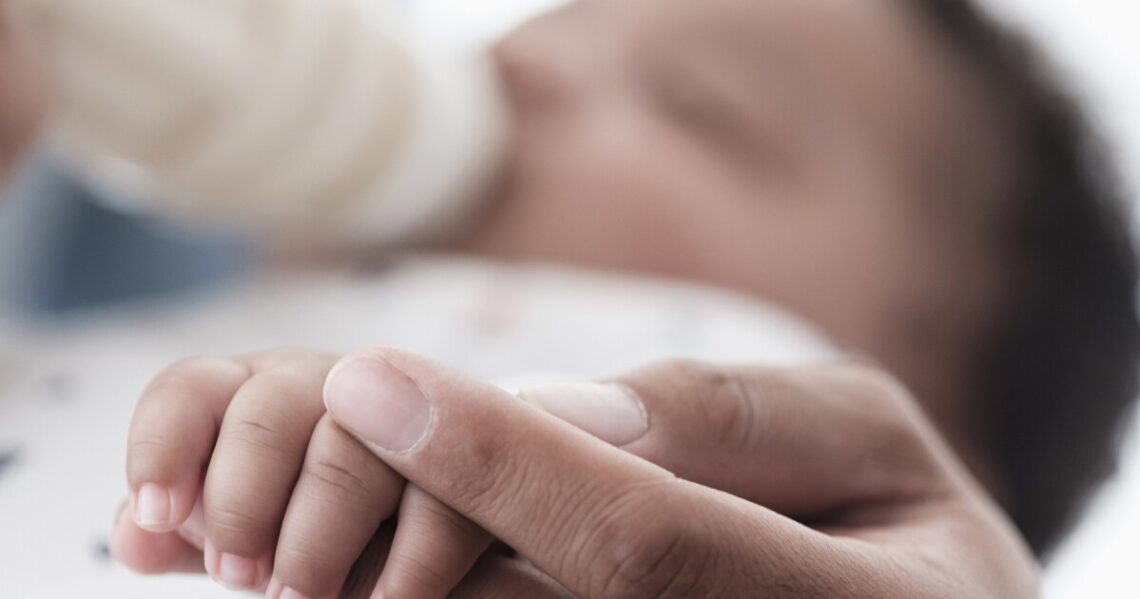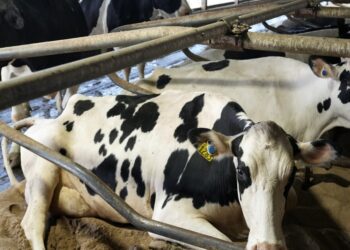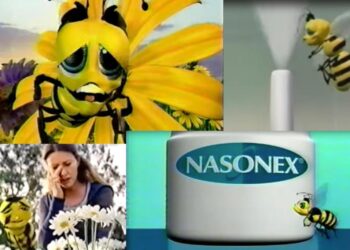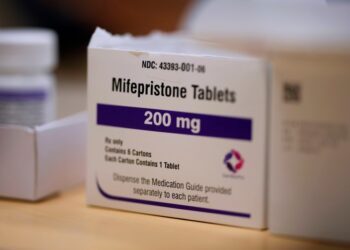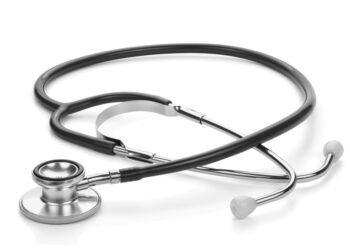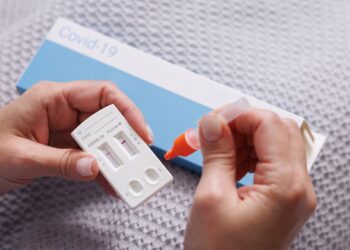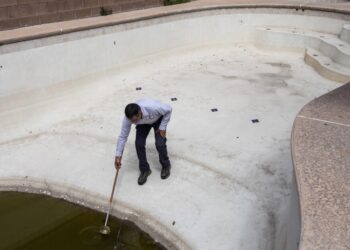This fall, for the first time, many babies in the U.S. will be eligible to get a shot to fend off RSV, a respiratory virus that can cause serious lung disease in infants and young children.
On Thursday, the Centers for Disease Control and Prevention recommended that all infants under 8 months old receive an injection of nirsevimab, a newly approved monoclonal antibody, as they enter their first RSV season (usually fall through spring). A subset of children up to 19 months at heightened risk of serious RSV disease — including those with chronic lung disease, and American Indian and Alaska Native children — can get a shot in their second RSV season.
“RSV is the leading cause of hospitalizations for infants and older babies at higher risk, and today we have taken an important step to make this life-saving product available,” said Dr. Mandy Cohen, director of the CDC, in a statement.
The CDC recommendation follows the FDA approval of nirsevimab last month. A single shot of antibodies was shown in clinical trials to lower the need for medical care from RSV for babies by 70% to 75%. Health officials hope that, with widespread use, the drug can help prevent many of the 58,000 to 80,000 hospitalizations for young children with RSV that occur each year.
Still, there are many hurdles to clear before the drugs show up at hospitals and doctors’ offices. “There’s a large number of implementation issues that arise with monoclonal antibodies,” said the CDC’s Dr. Melinda Wharton, at a public meeting of the agency’s Advisory Committee for Immunization Practices Thursday. “It’s not due to the characteristics of the product itself. It’s due to other…
Read the full article here

